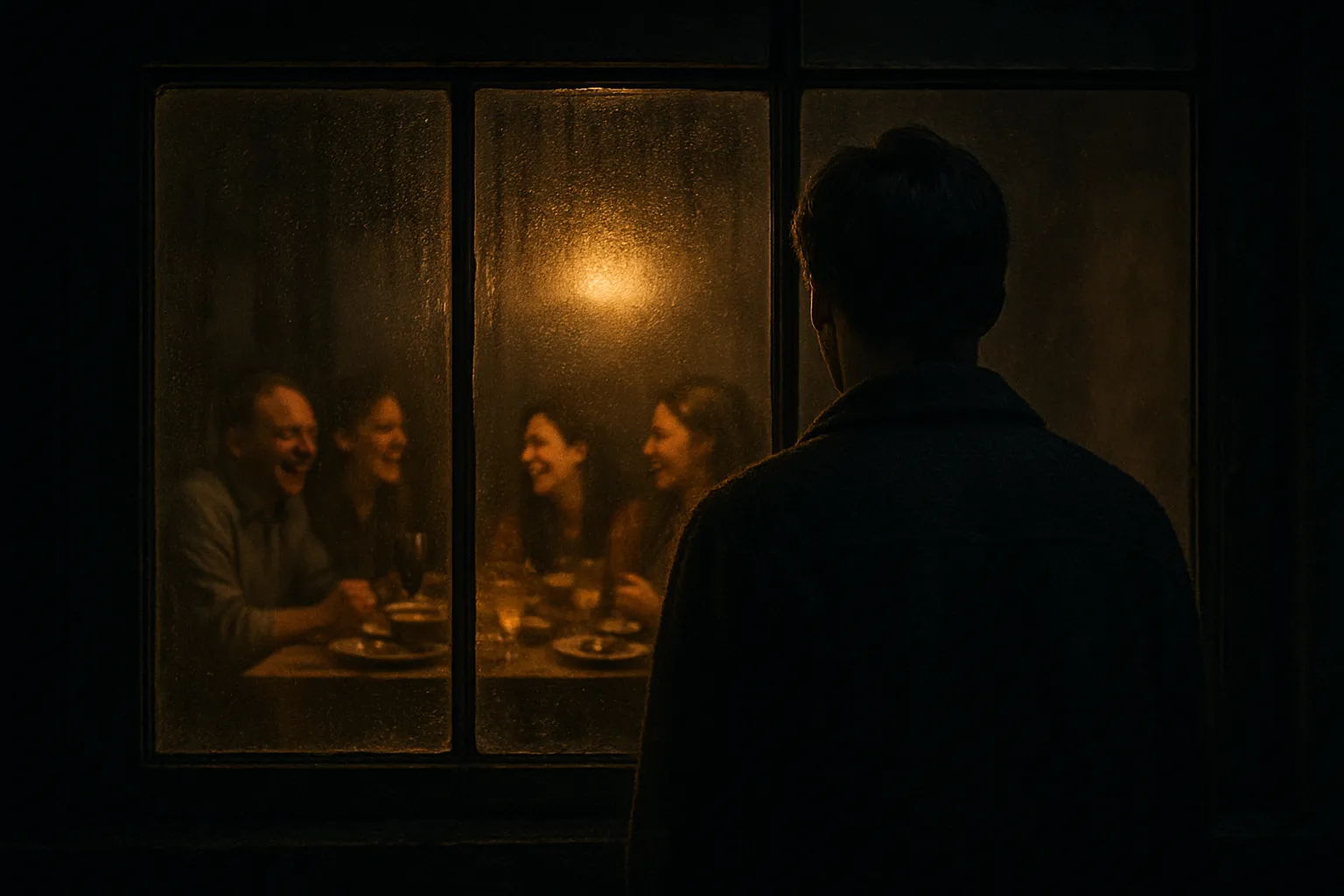Why Understanding the "Why" is Crucial for Closure

The Question That Haunts Us
In the quiet, lonely moments after a relationship ends, one question often haunts us with relentless persistence: Why? Why did this happen? Why didn't it work? Why did they stop loving me? This obsessive search for the "why" can feel like a form of self-torture, but it's not a sign of weakness. It is a profound and fundamental human need. Our brains are wired to seek meaning, and without a coherent story to explain the loss, we can remain emotionally stuck, unable to achieve the internal peace we call closure.
The Narrative Brain: Why We Need a Story That Makes Sense
At its core, the human brain is a storytelling machine. We make sense of our lives by constructing narratives—stories with a beginning, a middle, and an end. A serious relationship becomes a central plotline in our life story. When that relationship ends, especially unexpectedly, the plot is shattered. The story no longer makes sense.
The obsessive search for "why" is your brain's frantic attempt to write a new, coherent chapter that explains this sudden plot twist. Without a plausible reason, your mind is left with a gaping hole of ambiguity and confusion. This lack of a narrative feels chaotic and unsafe to our brains, which is why we will ruminate endlessly, trying to piece together clues until we have a story that clicks into place.
From Pain to Prevention: The Evolutionary Purpose of "Why"
This need for a reason is not just about making sense of the past; it's a deeply ingrained survival mechanism for protecting our future. Our brains are designed to learn from painful experiences to avoid repeating them. The process of understanding "why" a relationship failed is the process of extracting a lesson. This lesson gives the pain a purpose and transforms it from a random, traumatic event into a valuable piece of wisdom.
- If the "why" was a fundamental clash in values, the lesson is to prioritize value alignment in your next partner.
- If the "why" was an unhealthy communication pattern, the lesson is to learn and demand healthier conflict resolution skills.
- If the "why" was your own pattern of ignoring red flags, the lesson is to trust your intuition from the very beginning.
Understanding the "why" moves you from a state of passive suffering to one of active learning, empowering you to make better choices moving forward.
The Pitfall: Seeking the "Why" Exclusively from Your Ex
While understanding is crucial, a common and painful mistake is believing that the only valid "why" is the one your ex can give you. While their perspective can be a piece of the puzzle, relying on them for your closure is a high-risk strategy. They may not be capable of honesty, they may not even understand their own deeper motivations, or their truth may be unnecessarily cruel. This puts your healing process entirely in their hands.
The True Source of Closure: Creating Your Own Narrative
True, lasting closure is not an explanation you receive from someone else; it is a story you construct for yourself. It is the narrative you build from your own compassionate, clear-eyed analysis of the entire relationship. This internal story is the most powerful one because it's centered on your growth.
Your own "why" should acknowledge:
- The good and the bad of the relationship.
- Your own role and responsibility, without taking on all the blame.
- Your ex's role and responsibility, without turning them into a one-dimensional villain.
- The core, powerful lessons the experience has taught you about yourself, your needs, and what you require in a partnership.
This self-created narrative provides peace because it is built on a foundation of your own wisdom. It is a story you control.
The Final Chapter Written by You
The relentless search for "why" is the search for a story that can bring the painful chapter of your past relationship to a meaningful close. While you may never know every detail of your ex's perspective, you have everything you need to write your own conclusion. When you can look back and see the patterns, the incompatibilities, and the invaluable lessons with clarity and self-compassion, you have found your "why." And it is that story—the one where you emerge not as the victim, but as the wise survivor—that finally gives you the closure you need to turn the page.


